
Noni is a tropical shrub growing in Hawaii, Australia, and Southeast Asia. It has also been known as Morinda citrifolia, great morinda, Indian or beach mulberry or cheese fruit. Noni is called nunaakai in India, dog dumpling in Barbados and the Malaysians called the fruit mengkudu.
Noni contains carbohydrates and fibers, some protein and low amounts of fat, all of them located in the pulp of the fruit. It is proven that this fruit is rich in vitamins C and B3 (niacin), and potassium (kalium). Just 100 g of noni juice has 33,6mg of vitamin C (and the recommended daily dose of this vitamin is about 100mg per day). If compared to other fruits we could say that raw orange and noni have similar content of minerals and vitamins.
This fruit has phytochemicals present in many other plants and known to have effects on the human body. These are: scopoletin, flavonoids, iridoids, fatty acids, glycosides, and proxeronine and other alkaloids. Proxeronine is an alkaloid that could be useful to treat high blood pressure and scopoletin has anti-inflammatory, anti-bacterial and painkiller properties. Glycosides and polysaccharides might have anti-cancerous properties.Noni Use
Traditionally, leaves of this plant have been used to soothe the wounds and the immature fruit was used to treat skin problems. Lesions in the mouth and mouth sores were treated with noni juice and the root was used in different infections. Noni is also used to soothe menstrual problems, urinary infections and to treat arthritis.
Ayurveda therapists recommend noni for dry skin and skin problems after too much sun.
Cancer Treatment
The studies are still ongoing, but first result show potential use of noni in cancer therapy. This fruit might relieve the pain and other cancer symptoms and possess certain anti-cancerous effect. Noni does have some toxic potential too, but it seems to be reasonable at this point of research.Other PossibilitiesUS Food and Drug Administration (FDA) has not approved noni to be used in treatments of AIDS, tuberculosis, diabetes, cancer or Epstein-Barr viral infection. Still, noni advocates claim that this fruit is helpful in these conditions too.
There were reports of “miraculous” effects of noni. Those include the “opening of the body seals”, referring to the pineal gland. It is believed that noni imitates this gland and stimulates the production of melatonin and serotonin. Doing that, it affects other glands (adrenal gland, pancreas, thyroid and thymus) and sexual organs, creating a cascade and improving the functioning of the whole human body.




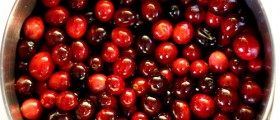






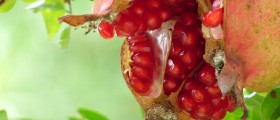
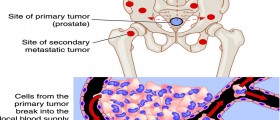

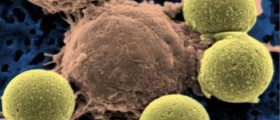
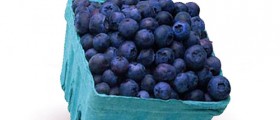

Your thoughts on this
Loading...